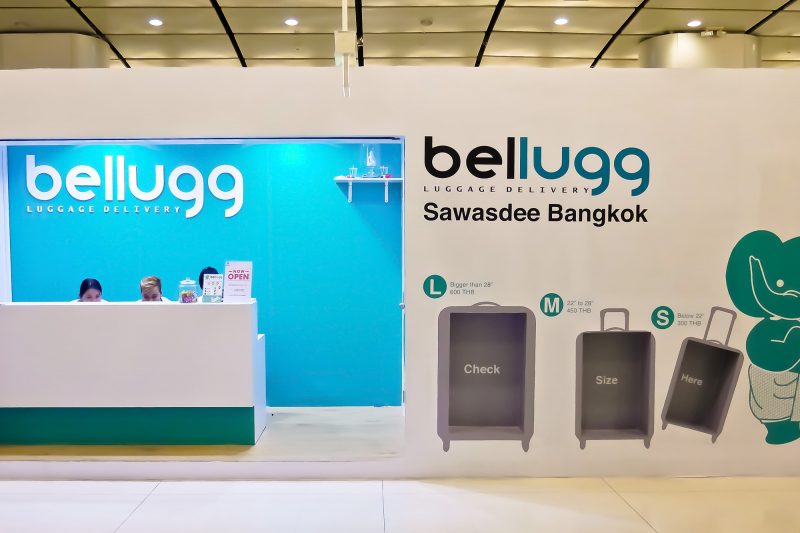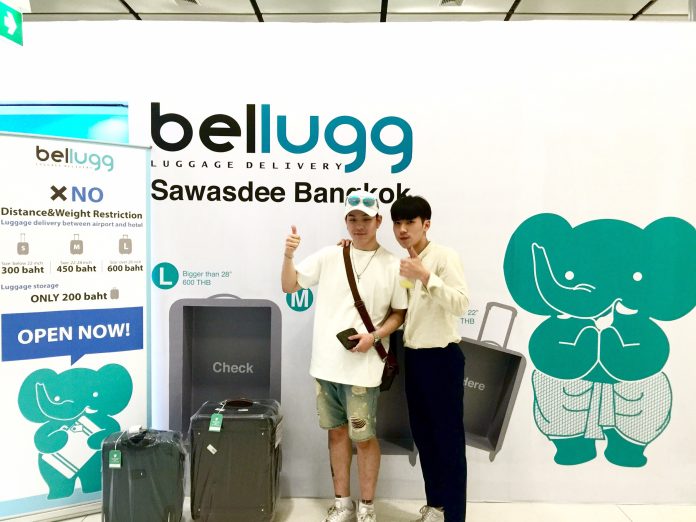
4/10/2019 – Bellugg, a travel startup based in Thailand that offers luggage commerce services, noted that it has received an investment from Expara and 500 Tuks Tuks.
The round is a Pre-Series A round, which capital is intended for ramping up its revenue, expand its presence, invest more in R&D projects, as well as new recruitments.
Founded in 2016, Bellugg aims to refine every tourist journey through tailored logistics services. It offers luggage delivery, deposit, pickup services, and tourist commerce services that deliver products to hotels or airports in the country.
Additionally, the startup also provides an interactive tracking system and insurance that covers up to 50,000 baht (about US$1,642) per luggage.
In fact, Bellugg plans to tap into the US$1.2 billion tourism industry in Southeast Asia by tackling its major pain points. The company said it is seeing a shift from the group inclusive tours to free independent travelers which it considers as its target customers.
“We believe more travellers will spend on experiences and not just physical things,” said Expera Thailand’s partner Anix Lynch. “Bellugg captures data across a tourist’s journey and utilizes the insights from the tourism industry, allowing brands to offer products and experience personalized to each traveller.”
Bellugg has been establishing brand awareness and expanding its presence by partnering with major hotels, airlines, and travel agencies in Asia. To date, it has partnered with companies including Thai Airways, Air Asia, Bangkok Airlines, mInor Hotels, St. Regis, The Peninsula, HIS Travel, and JTB.
“We strongly believe that the luggage delivery service will soon be a standard practice for the tourism industry,” said Sithi Nerngchamnong, co-CEO and co-founder of Bellugg. “Thailand will always be one of the top destinations for travelers around the world. We foresee the amount of inbound tourists to increase 10% to 12% annually.”











